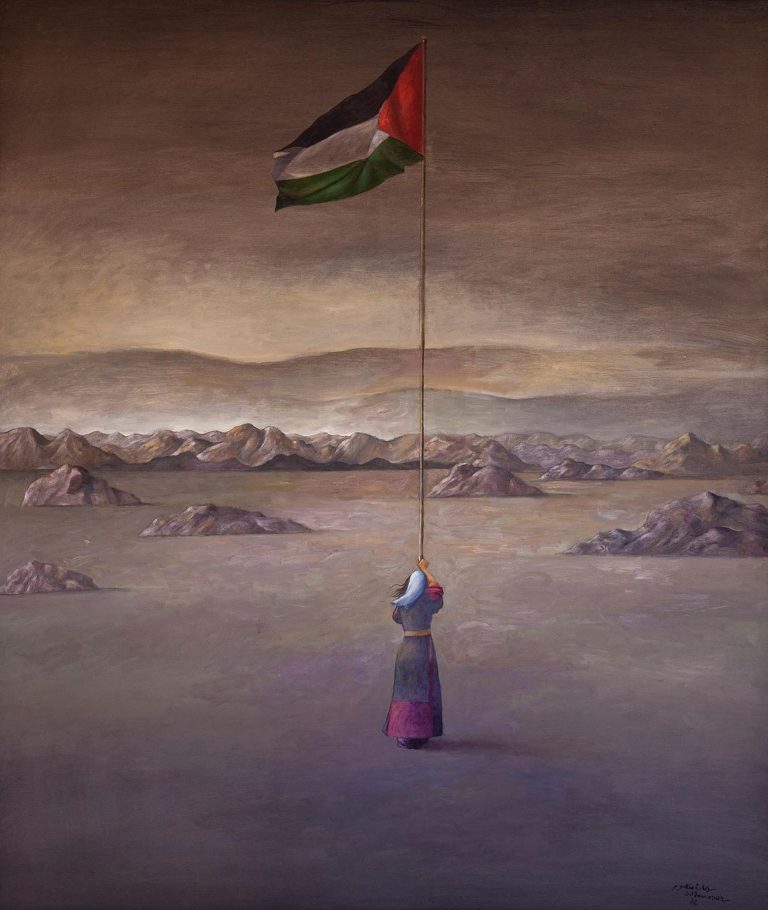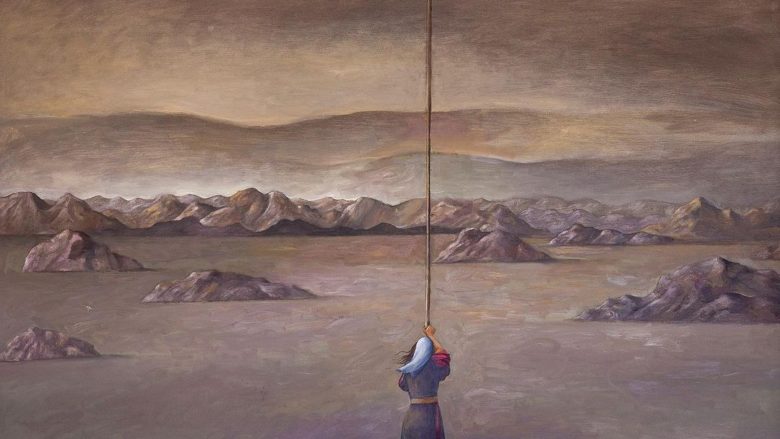“The need for long-term peace in Palestine”

We need a ceasefire in Palestine. Every day that passes without a ceasefire in Gaza, more people die. Since the escalated Israeli assault on Gaza began on October 7, over 10,000 Palestinians have been killed. Nearly half of them have been children. By the time this article is published, these numbers will be out of date. Israel’s assault has involved perpetual airstrike bombardment, depriving Gaza of food, water, and power, and the imminent threat of an Israeli ground invasion. The current Israeli assault began as a retaliation to the surprise attack on Israel by Hamas which happened earlier on October 7, when the Palestinian group bombed and infiltrated Israel, killing more than 1,400 Israelis and taking over 220 hostages.
It is important to grieve all those who have died, and have empathy with the families, friends, and communities of all those who have been killed or injured.
As was discussed at the student-led emergency teach-in on Palestine on October 10, it is important to understand that this is not a “war” between Israel and Palestine. The Palestinian people have almost no access to military technology and resources. Israel has an enormous military funded and supplied primarily by the United States. Though some news outlets (and world powers) might have you think otherwise, it is not ethical for Israel to bomb all of Gaza as punishment for what Hamas did.
It is also important to understand that the issue has existed long before October 7. The state of Israel has been occupying Palestinian territory and oppressing Palestinian people for over 70 years. Though it is heartbreaking to hear of the lives lost in Israel, we should also remember that as an oppressed people, Palestinians have a right to rebel against their oppressor under international law. The people of Palestine will (rightfully) continue to fight for liberation until they are free.
We desperately need a ceasefire, but a ceasefire is not enough. A return to the way things were before October 7 is not a return to peace. There is no meaningful peace until there is justice; there is no meaningful peace until the seventy years of Israeli oppression has been accounted for.
Additionally, the global response to the ongoing genocide in Gaza has broad impacts on what is acceptable in the world. If people do little to try to stop the genocide, world powers will know that they can execute a genocide with few consequences. If, however, people rise up, world powers will understand that executing a genocide will not go unnoticed. Looking at the past several weeks, people have, in many ways, risen up: hundreds of thousands have marched in support of Palestine in cities around the world despite pro-Palestinian protests being explicitly banned in several countries. Thousands of Jews have demonstrated to demand a ceasefire, and the largest protest in support of Palestine in US history happened just last weekend in D.C.
This momentum must be sustained and grown until there is a ceasefire, and then until a form of long-term, equitable peace has been realized.
Remember that Israel and the Israeli military is supported in full by the United States. The United States is actively funding the genocide of Gaza.
As a student and as a human being, I urge you: Stay informed. Go to a protest. Have empathy for all those affected. Everywhere, and especially for those who live in the US, contact your representatives and vote. Though there might start to be less coverage of the genocide on mainstream news, this isn’t going to end on its own.

